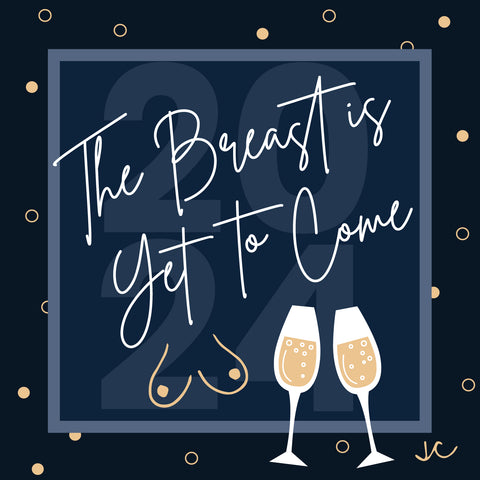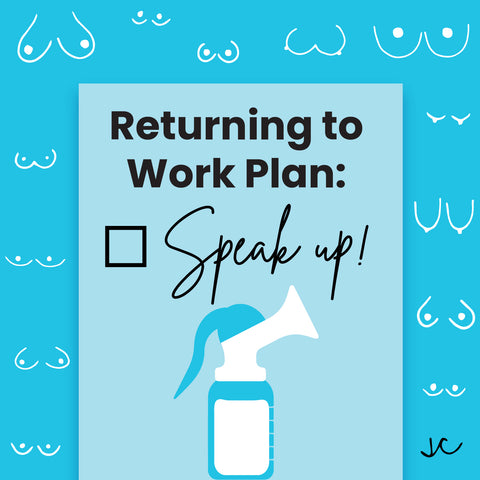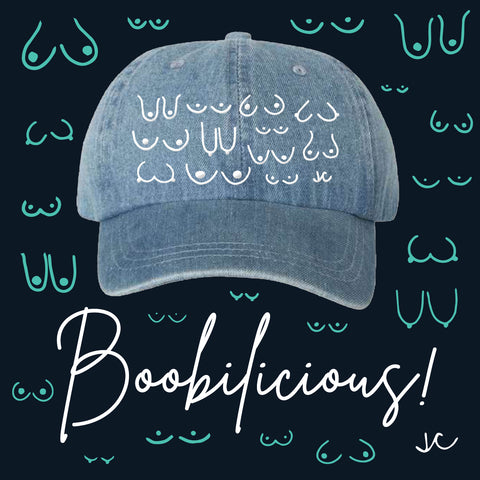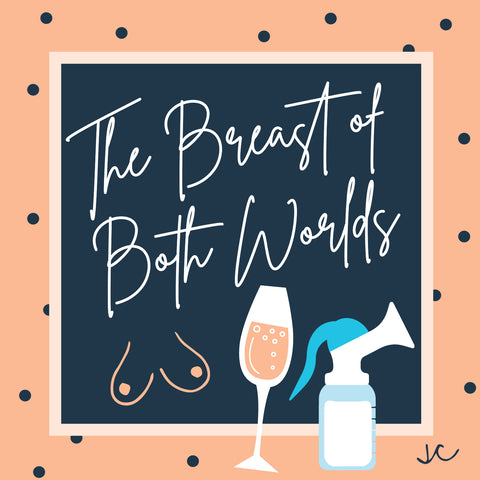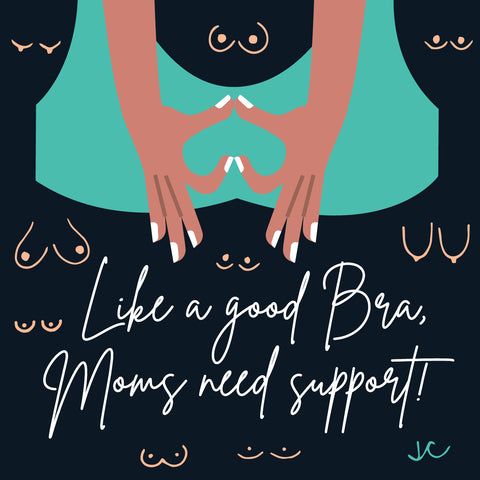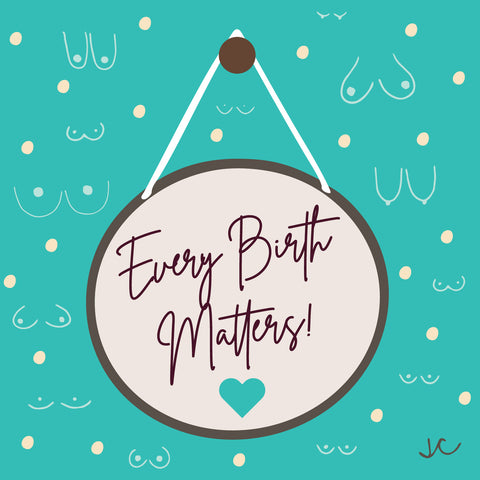What is Postpartum Depression and What are the Signs?

Estimated read time: 10 minutes
Woah mama.
Just when you thought you were out of the woods of the emotional minefield that is pregnancy, comes a whole new world.
The postpartum period.
Having a baby is an incredible thing, and we’re so proud of you. But, when your sweet bundle arrives, sometimes you’re left feeling very different from how you were expecting.
It’s totally normal to suffer from the baby blues (a mild, brief bout of depression for a few days or even weeks) after giving birth, but many women also suffer from postpartum depression. Up to 1 in 7 women.
And this doesn’t include the brave mamas who miscarry or have stillbirths.
If you’re wondering “do I have postpartum depression,” or “how do I know if I have postpartum depression,” then just know, that you’re not alone mama.
In this article, we’ll look at what is postpartum depression as well as the difference between postpartum depression vs baby blues.
What is Postpartum Depression?
The process of giving birth causes your amazing body to go through some huge hormonal adjustments. Throw into the mix caring for a newborn baby, breastfeeding, and lack of sleep, and it’s no wonder new mamas can suffer from postpartum depression or the baby blues.
But, what is postpartum depression?
Postpartum depression is a serious mental illness. It involves the brain and has a direct impact on your behavior and mental and physical health.
When you suffer from postpartum depression, you’ll most likely experience feelings of worthlessness, anxiety, sadness, restlessness, and loneliness for much longer than just a few weeks - unlike the baby blues.
It’s normal to experience mood swings after giving birth. You know the kind. You feel happy and elated one minute and are crying like your baby waiting for a feed the next. But if these feelings go on longer, postpartum depression could be the cause.
Although the exact cause of postpartum depression isn’t known, it could be due to the hormone levels changing after giving birth. The hormones may cause chemical changes in the brain, which has a role in causing you to feel depressed.
It’s more likely to occur if: you have suffered from it before if, you’ve had any kind of depression unrelated to pregnancy, if you’ve suffered from severe PMS, if you’re in a difficult relationship, or if you’ve had any stressful life events during pregnancy or after giving birth.
Signs of Postpartum Depression
The signs and symptoms of postpartum depression vary from woman to woman, but the main ones include:
- Feeling overwhelmingly sad
- Crying frequently or being close to tears
- A loss of appetite
- Having no interest in the things that used to bring you pleasure
- Having no motivation or energy
- Feeling worthless, guilty, or hopeless
- Not feeling a bond with your baby
- Having difficulty sleeping and staying asleep
- Sleeping a lot more than usual
- Showing no interest in your baby
- Feeling like life isn’t worth living
Some women can start feeling this way immediately after giving birth, but it can manifest anytime within the first year postpartum.
Postpartum Depression vs Baby Blues
The main thing to look out for when looking at the difference between postpartum depression vs baby blues is the length of time you’re not feeling yourself for.
With all the upheaval that giving birth can bring, it’s normal to feel sad, tired, stressed, and anxious instead of the joy and elation you thought you would be feeling. These feelings tend to kick in on day 2 or 3 after giving birth.
This is typically known as the baby blues, and, believe it or not, it’s a typical and normal part of a postpartum journey and recovery. The good news is, as your hormones begin to settle down and your sweet baby falls into a gentle routine, these feelings usually go away a few weeks after delivery.
After you give birth, your body goes through a drastic change. Your estrogen and progesterone levels drop, you might feel shocked after a tough delivery, and you might experience breastfeeding struggles. With such a huge list of challenges, it’s no wonder you’re feeling a little down mama.
Baby Blues Symptoms
If any of these symptoms feel familiar, then it’s likely you have the baby blues:
- Crying spells out of nowhere
- Feeling sad, moody, or anxious
- Having trouble sleeping
- Not feeling hungry
- Feeling overwhelmed by everyday tasks and tasks related to looking after your baby
- Feeling irritable or angry
- Having trouble concentrating
- Difficulty making decisions
To understand the difference between postpartum depression vs baby blues, you need to check in with how severely you’re feeling these things, and how long the feelings last.
With the baby blues, while you might be feeling worried, sad, anxious, or tired, they should be fairly mild. If you find that you feel better after a nap, a good meal, a Netflix binge, or talking to friends and family, then you most likely have the baby blues, and the feelings will subside within a few weeks. Usually without any treatment needed.
In the case of postpartum depression, you’ll have a more serious mood disorder, which makes your feelings far more intense and overpowering. And for a much longer period of time.
When to Get Help for Postpartum Depression
We know how scary these feelings can be. And how hard it can be to ask for help, especially during a time when you think you should be having only joyous feelings.
But it’s so important to reach out if you think you might have postpartum depression. And if you don’t feel strong enough to ask yourself, then ask your partner or a loved one to make the call for you if necessary.
If you experience any of these symptoms, it’s crucial to speak to your doctor, nurse, or midwife:
- If your baby blues don’t go away after a couple of weeks
- If you feel like you can’t take care of yourself or your baby
- If you’re having difficulty getting jobs done
- If your symptoms of depression get worse or more intense
- If you start feeling depressed within a year of giving birth and you feel this way for more than 2 weeks
- If you have thoughts of hurting yourself or your baby
You are so much braver than you know and when you reach out for help, your medical professional can ask questions or test you for depression and get you the help you need.
Treatment for Postpartum Depression
The good news is, that sometimes postpartum depression goes away all by itself. There are also treatment options available to you, which your doctor can discuss with you if it’s diagnosed.
There are 3 main types, and each has its pros and cons.
- Self-help strategies: having postpartum depression can make caring for your newborn even more challenging. Self-help strategies such as talking, making time for yourself, maintaining a healthy lifestyle, joining a support group, and accepting help from others can make a huge difference.
- Therapy: there are different versions of therapy that could be recommended, including guided self-help, cognitive behavioral therapy, and interpersonal therapy.
- Medication: It’s possible that you might be prescribed antidepressants for moderate or severe depression, or if therapy isn’t helping.
Your doctor will be able to explain these to you so you can decide which is the best option for you and your health.
You're So Strong Mama
And we’re with you every step of the way.
If you feel like you might be suffering from postpartum depression, speak to someone you love and trust and get in touch with your doctor. We all need help sometimes, and the Titty City communi-Titty is always here for you.
At Titty City Design, we believe that every boobie is beautiful, and that should be celebrated. We are a female-owned and operated, small business here to spread self-love and body positivity with our line of boob apparel, boob accessories, and boob-themed decor and products for the home. A portion of our proceeds goes to help support postpartum people and breast cancer patients.
Products that New Moms Love


